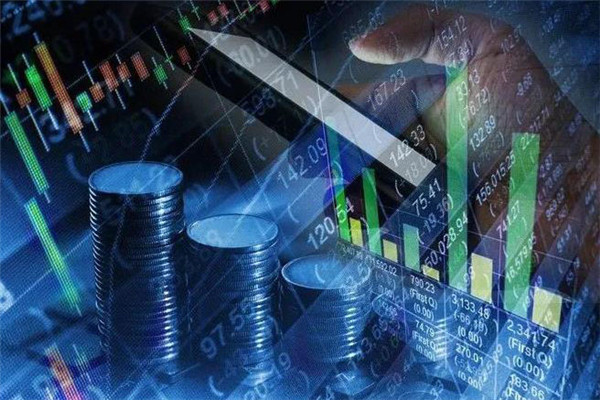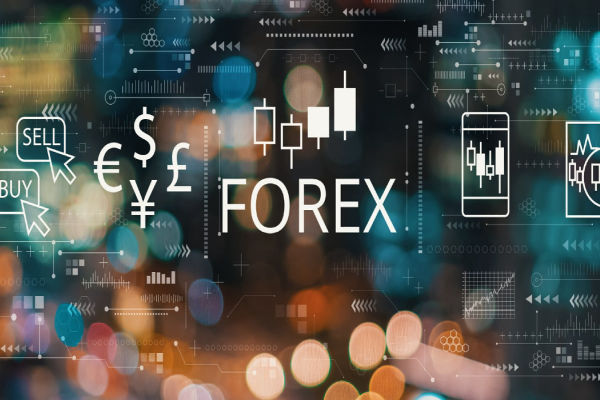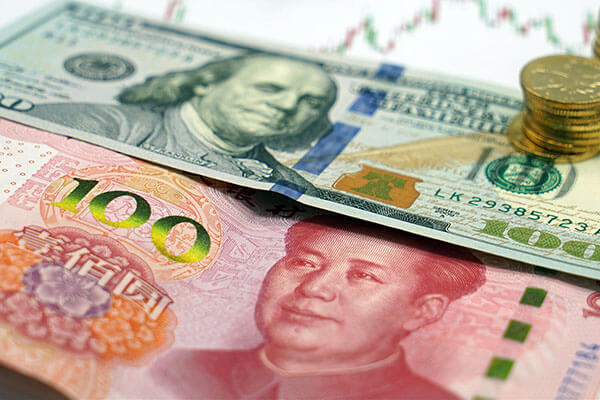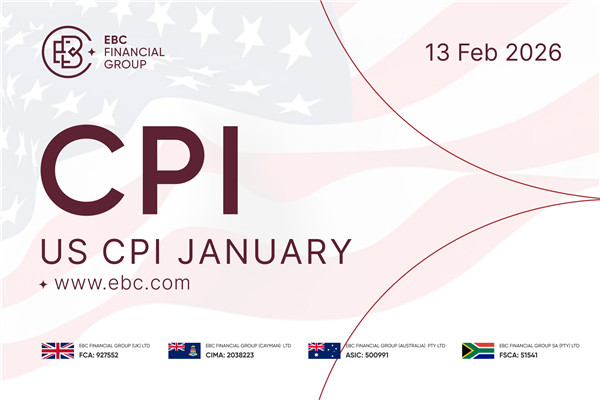The security of investment funds is the most important issue. If
investors cannot guarantee their funds, no matter how well they do, the
technical analysis is thorough, and if they make money, the funds may not
necessarily be their own. How can external forex trading ensure
fund security?

Ensuring the safety of funds in forex trading is very
important. Here are some common practices for ensuring fund security:
1. Select regulated brokers.
Ensure the selection of forex brokers who are regulated by
legitimate financial regulatory agencies. These regulatory agencies usually have
strict regulations and supervision, which can protect the rights and interests
of investors and the safety of funds. Formal regulatory agencies are specialized
in supervising forex trading platforms and can fully ensure the safety of
investors' funds. Assuming that trading platforms harm investors' rights and
interests, they will receive corresponding penalties from regulatory agencies.
Under formal supervision, online trading platforms place all investors' funds
in third-party banks and are subject to supervision by regulatory agencies.
Forex platforms do not have the authority to privately use investors'
funds to do anything and are subject to formal supervision. Internal and
external funds are absolutely safe. Trading platforms without formal
regulatory agencies are known as black platforms. Forex black
platforms are ineffective, and if investors accidentally choose black platforms,
the safety of both external and internal funds cannot be guaranteed. Therefore,
it is not that internal and external funds are unsafe, but rather that
choosing a black platform makes them unsafe. The security of internal and external funds is definitely not a problem.
2. Diversified investment
Diversify funds into different financial instruments or brokerages to
reduce risk. Avoid concentrating all funds on one broker or one trading product.
3. Review the asset protection measures of brokers.
Understand how brokers protect customer funds. Check if it separates customer
funds from its own funds and takes other risk management and protection
measures.
4. Use secure payment methods.
Choose to use safe and reliable payment methods for fund deposits and
withdrawals, such as bank transfers, electronic payment platforms, etc. Avoid
using informal or unsafe payment methods.
5. Pay attention to safety risks.
Strengthen account security, use strong passwords, and regularly change
passwords. Carefully keep your login credentials and avoid using public
computers or networks for trading.
6. Receiving education and seeking professional advice
Understand the risks and rules of the forex market and receive
relevant education and training. Before engaging in forex trading,
seek professional investment advice to ensure that you make wise decisions.
Despite a series of security measures, forex trading still carries
risks. Investors should make their own trading decisions and understand the
risks and volatility of the forex market. Based on obtaining
sufficient information and knowledge, conduct trade and choose trading
strategies that match your individual risk tolerance.


























